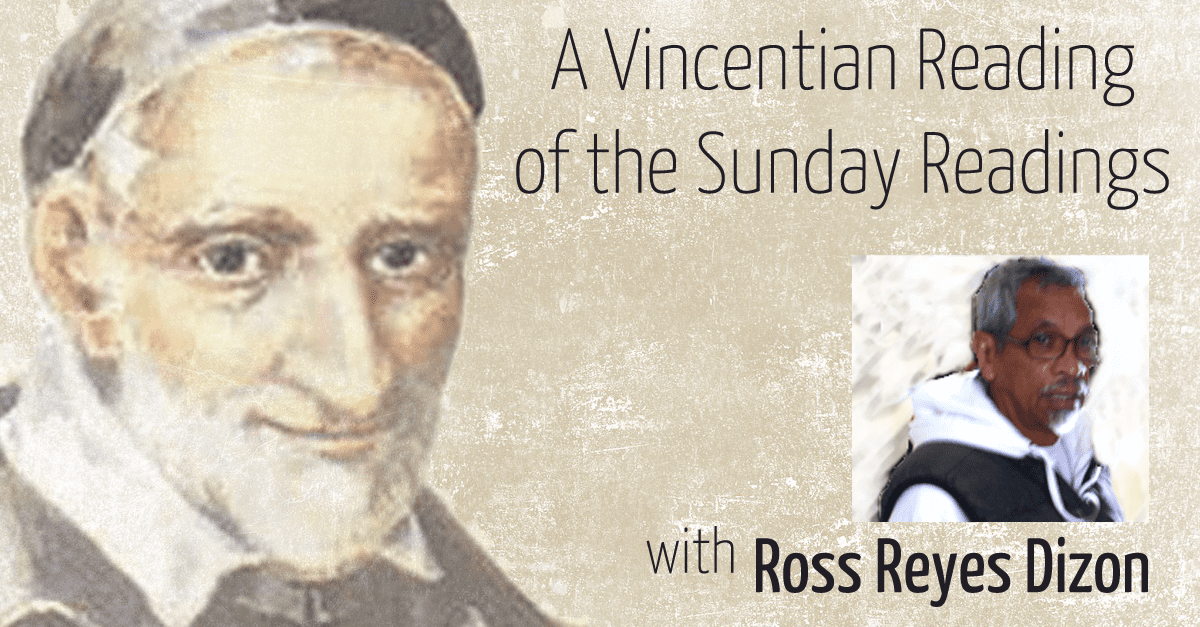Jesus wholly offers himself to take away our sins. In this sacrifice shares the widow who gives all she has to live on.
In the Bible, as we know, to be a widow, orphan or a foreigner means, in general, to be poor. That is why the generosity of the widow of Zarephath surprises even more. And we can say the same about the generosity of the widow who gives all she has to live on.
But the surprise may turn out to be shock to not a few. To those, for instance, who say that religion robs these widows of the little they have. It makes them sad that prophets exploit fast the credulity of simple folks. Those who walk around in long robes prey on these folks also. Oh, to think that they love to go to the temple, beautiful for its stonework.
There are those, yes, who cheat widows out of their homes and say long prayers to hide it. And Jesus says this. Yet he deems worthy of praise the widow who only puts in two small coins worth a few cents. For she gives more than the rich who give from their surplus wealth; she gives all that she herself needs.
And we should not make little of her faith and call it credulity. It is the faith of the Poor of Yahweh who live by faith (Rom 1, 17).
Hence, for the widow, God counts above all. Apart from him, she wants nothing on earth (Ps 73, 25); his love is better than life (Ps 63, 3). And the temple matters much to her; one day in it is better than a thousand elsewhere (Ps 84, 11). For God is there in an especial way.
The poor widow loves to the end.
The poor who puts in two coins is, of course, not among the wise. But she may know of, “How like a widow is she, who once was great among the nations” (Lam 1, 1). Or of, “We have become fatherless, our mothers widows” (Lam 5, 3). Does she think she is like the one who has become a widow? Is she deeply aware of her sins, her needs, and of God’s mercy? Is that why she does what is as touching as the woman’s deed in Lk 7, 36-50? The woman whose many sins Jesus forgives, hence, or since, she loves much?
No, the widow who is not wise will not say it as St. Paul, but she may feel as he. That is to say, that when sin adds up, grace adds up much more (Rom 5, 20; SV.EN II:324; SV.EN XI:130).
The widow may or may not feel that she is like the nameless sinner. (She is not Mary Magdalen; she is every lowly and thankful person who feels forgiven, loved.) But just the same, the widow loves to the end. So, she loves as Jesus; he offers all—soul, mind, body, blood, life—for us.
And such self-emptying love is what saves us, and makes us Christian and human (SV.EN XII:222). It is what is the best of the Church. Selfishness, on the other hand, like that of the scribes that Jesus denounces, leads to doom. It makes us less Christian, less human.
Lord Jesus, you willed to be poor and to empty yourself. Make your will ours so that, like the widow, we offer all we are and have.
7 November 2021
32nd Sunday in O.T. (B)
1 Kgs 17, 10-16; Heb 9, 24-28; Mk 12, 38-44








Thanks, Ross